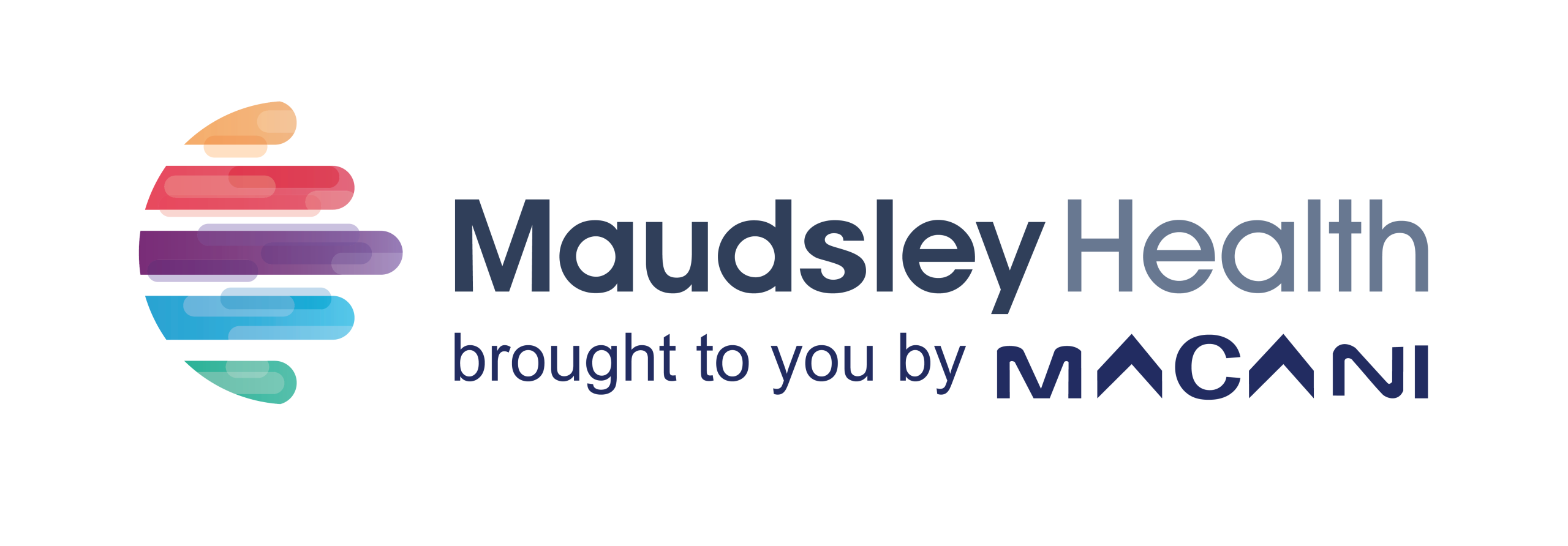There is hope ahead
The speech-language therapist (SLT) is the professional who engages in professional practice in the areas of communication and swallowing across the life span. Communication includes speech production and fluency, social communication, oral language, written language, cognition, voice, resonance, and hearing. Swallowing includes all aspects of swallowing, including feeding behaviors.
Speech Therapy Services
Counselling: our speech therapists provide education, guidance, and support. Individuals, their families and their caregivers are counseled regarding acceptance, adaptation, and decision making about communication, feeding and swallowing, and related disorders.
Prevention and wellness: our SLTs promote programs to increase public awareness of risk behaviors that lead to communication disorders and feeding and swallowing problems. Our programs will help you reduce the incidence of spoken and written communication and swallowing delays and their symptoms.
Screening: We design and implement effective screening programs and make appropriate referrals. These screenings are usually administered in schools in order to detect children with language and literacy difficulties.
Assessment: Our speech therapists are skilled at administering standardized tests and at providing different diagnosis related to communication and feeding.
Intervention: we provide intervention sessions for children with communication disorders, oral language disorders, written language difficulties in addition to feeding, swallowing and fluency. Our speech therapists use different modalities of intervention including Alternative and Augmentative communication. We provide sessions in three main languages: English, Arabic and French.

If you are experiencing similar
problems please contact us
Areas of practice
Social communication differences: differences in the use of verbal and nonverbal language for social purposes. Primary difficulties are in social interaction, social cognition, and pragmatics.
Speech Sound Disorders: any difficulty or combination of difficulties of speech sounds or speech segments. They are commonly known as articulation and phonology difficulties.
Oral language disorders: delays in the acquisition and use of language across modalities due to deficits in comprehension and/or production of words and sentences.
Learning difficulties and disabilities: children facing reading, spelling and writing difficulties.
Fluency: atypical rate and rhythm of speech in adults and children (stuttering, cluttering)
Cognitive difficulties: difficulties in attention, memory and auditory processing that affect communication, language and learning.
Feeding and Swallowing behaviors: picky eaters, sensory differences, drooling, swallowing difficulties due to congenital, sensory, degenerative or traumatic event.
Voice therapy: atypicalities in the production of voice (hoarsening, dysphonia, poor vocal volume, strained or breathy voice) mostly seen in adolescents and adults.
Our overall objective in speech and language therapy services is improving the quality of life for our clients. At Maudsley Health, we are committed to provide services based on the best available evidence. Our speech therapists are supported by senior mentors, who provide guidance in both the management of cases and trainings needed. As we adopt a holistic approach with all our clients, speech therapists at Maudsley Health work in close collaboration with parents, school personnel and all other stakeholders (psychiatrists, occupational therapists, educational psychologists, ENT and others).



